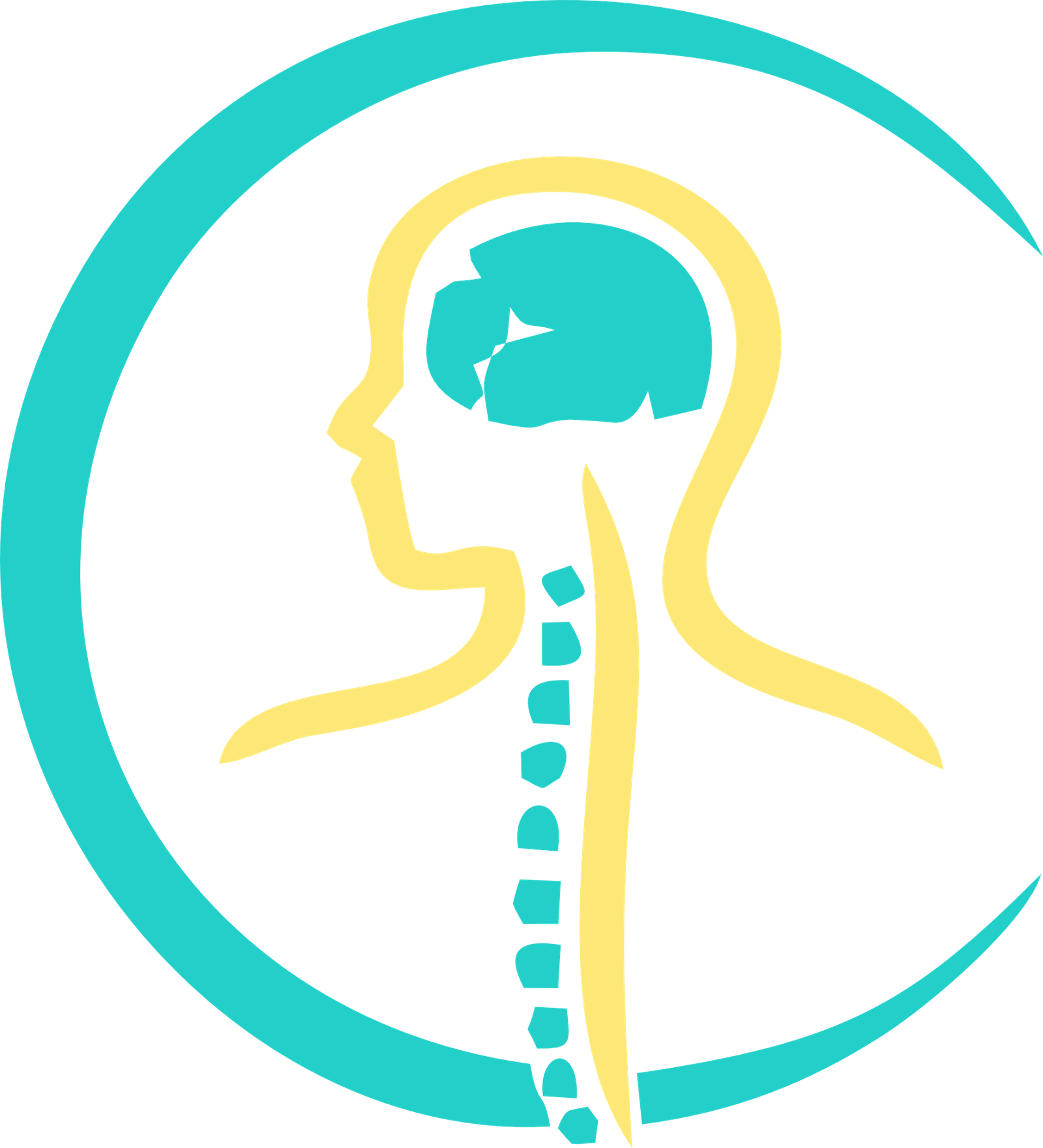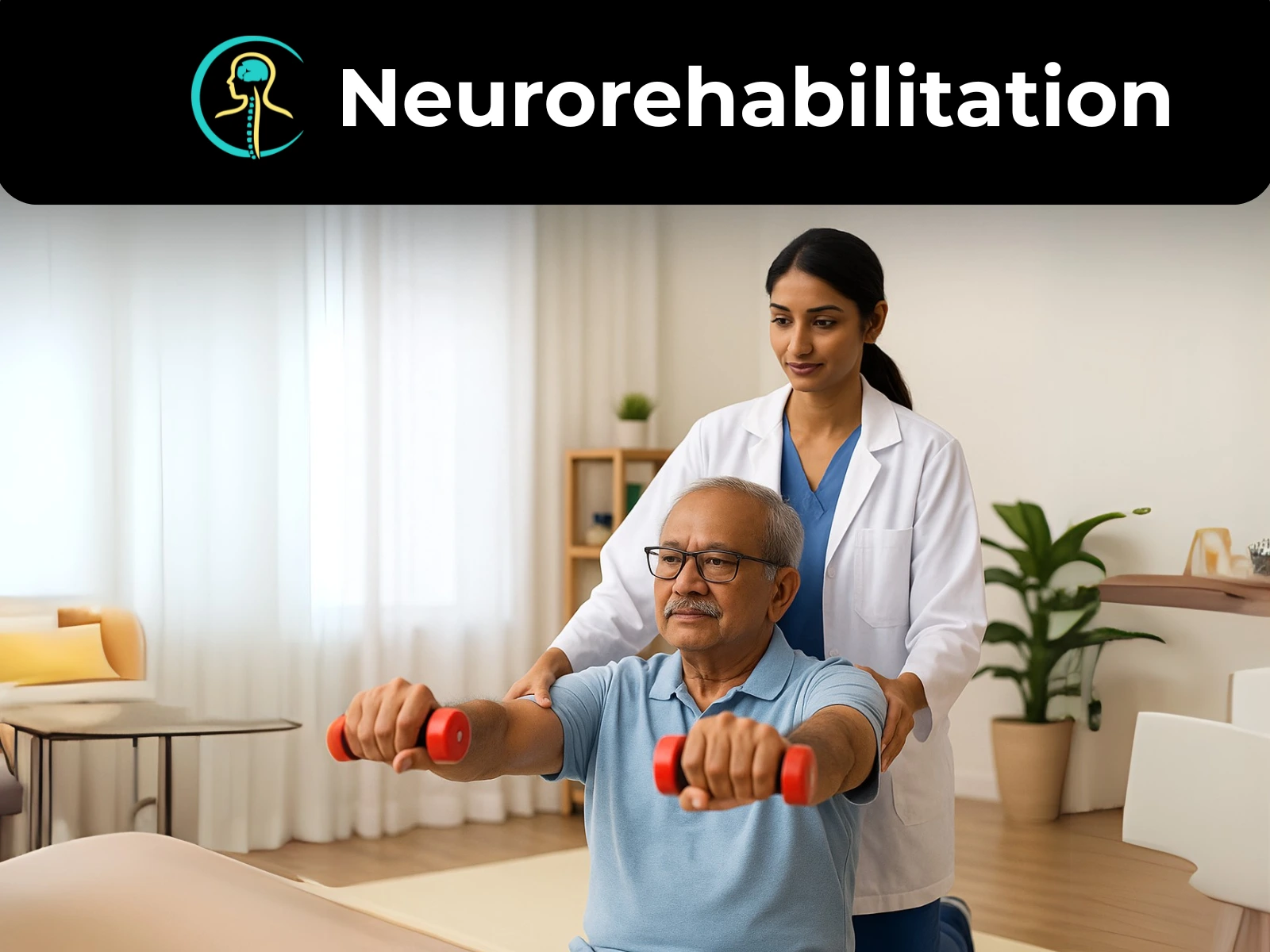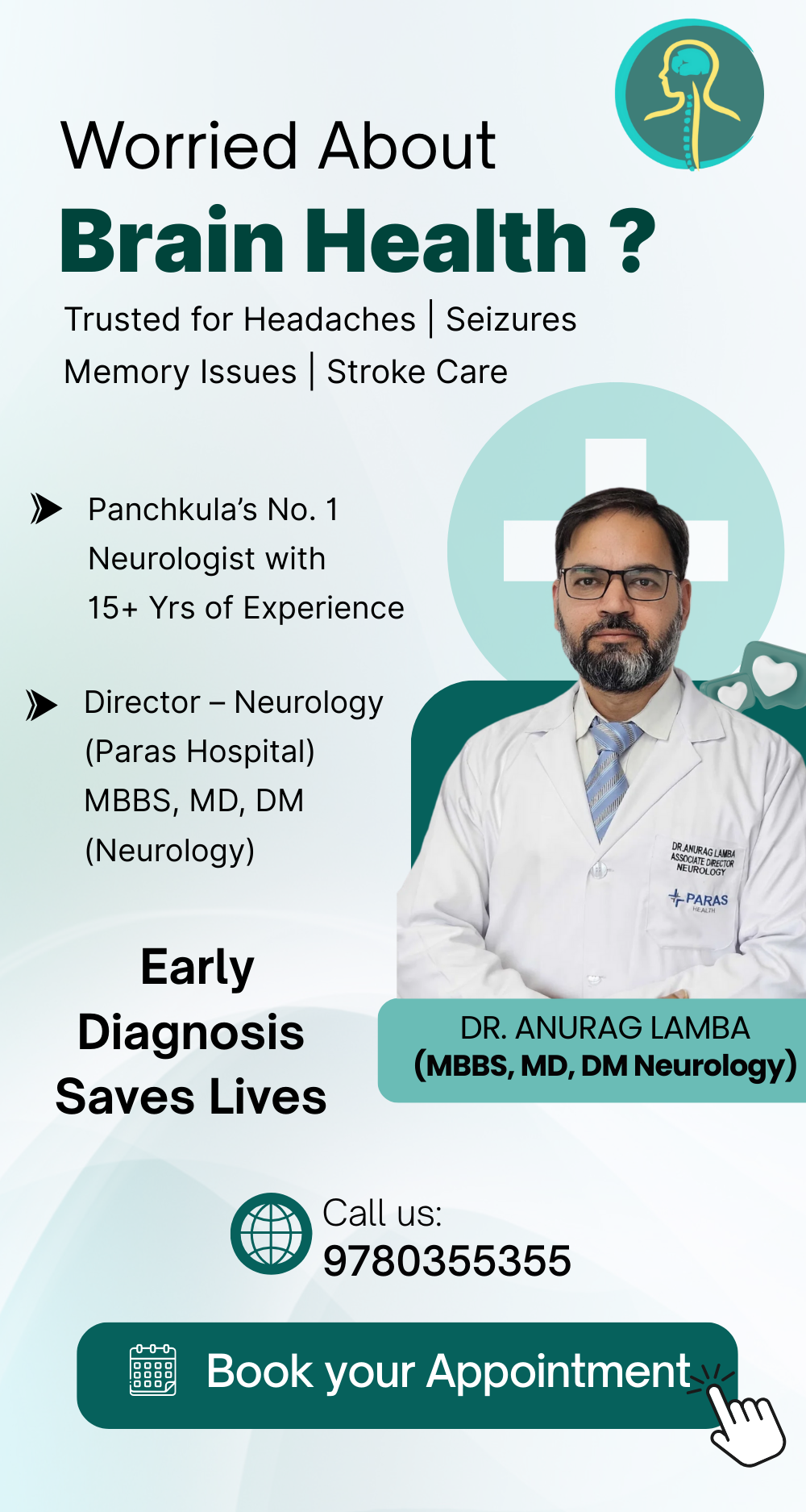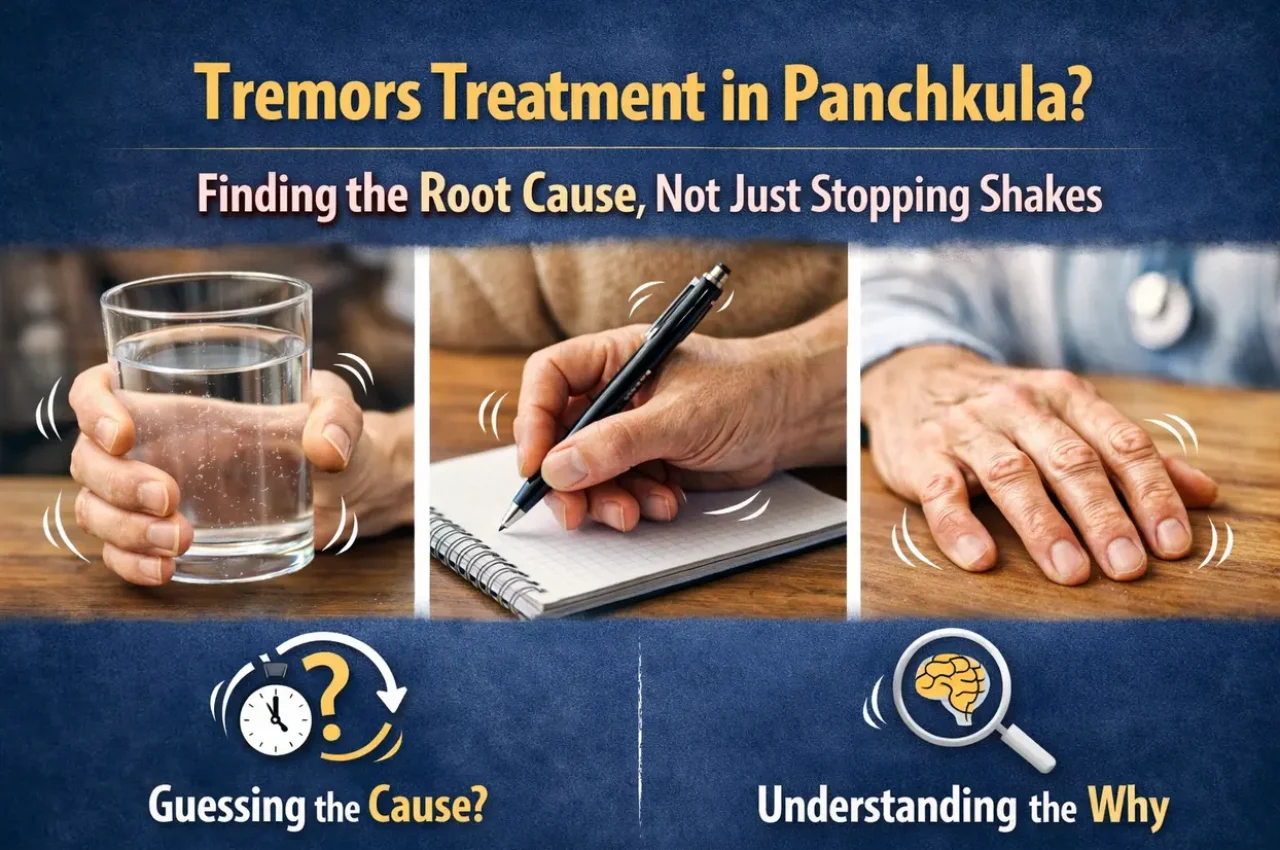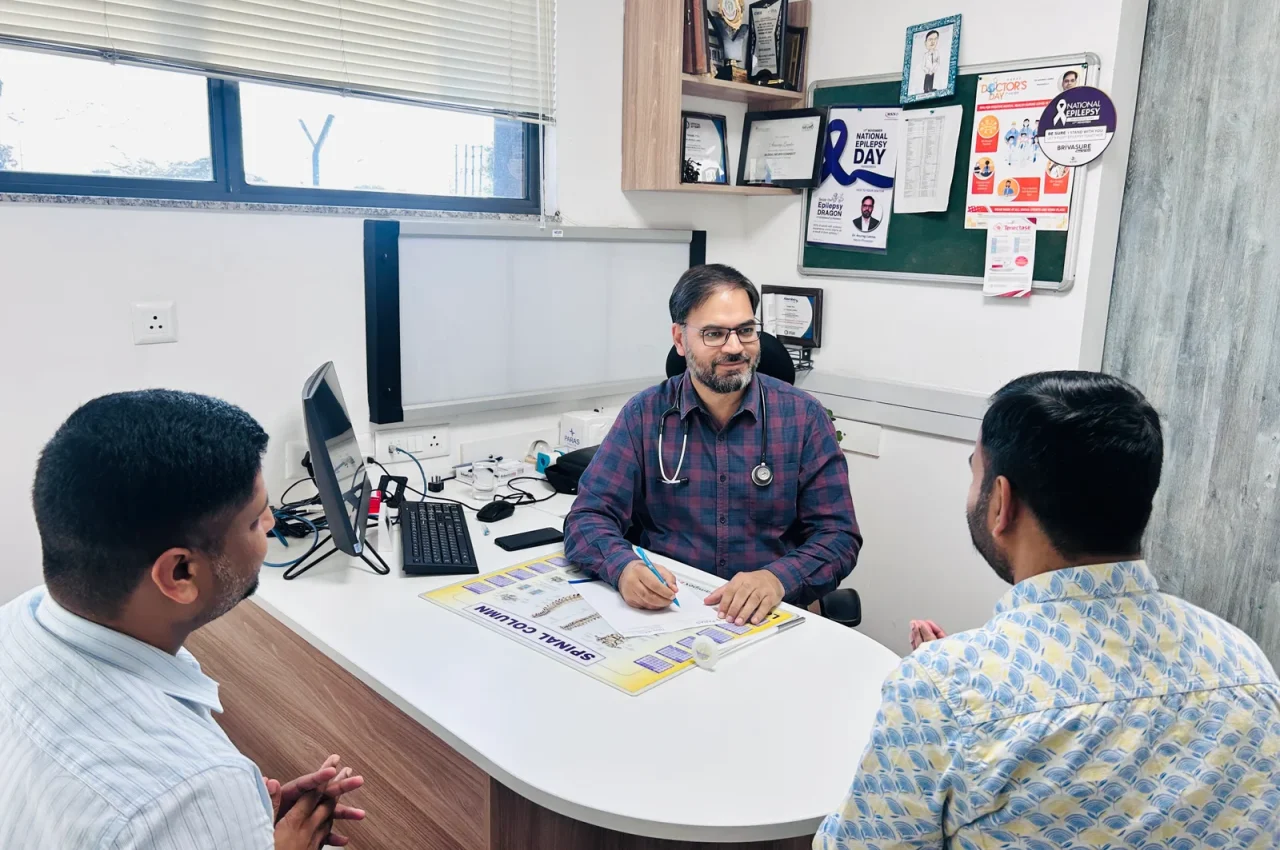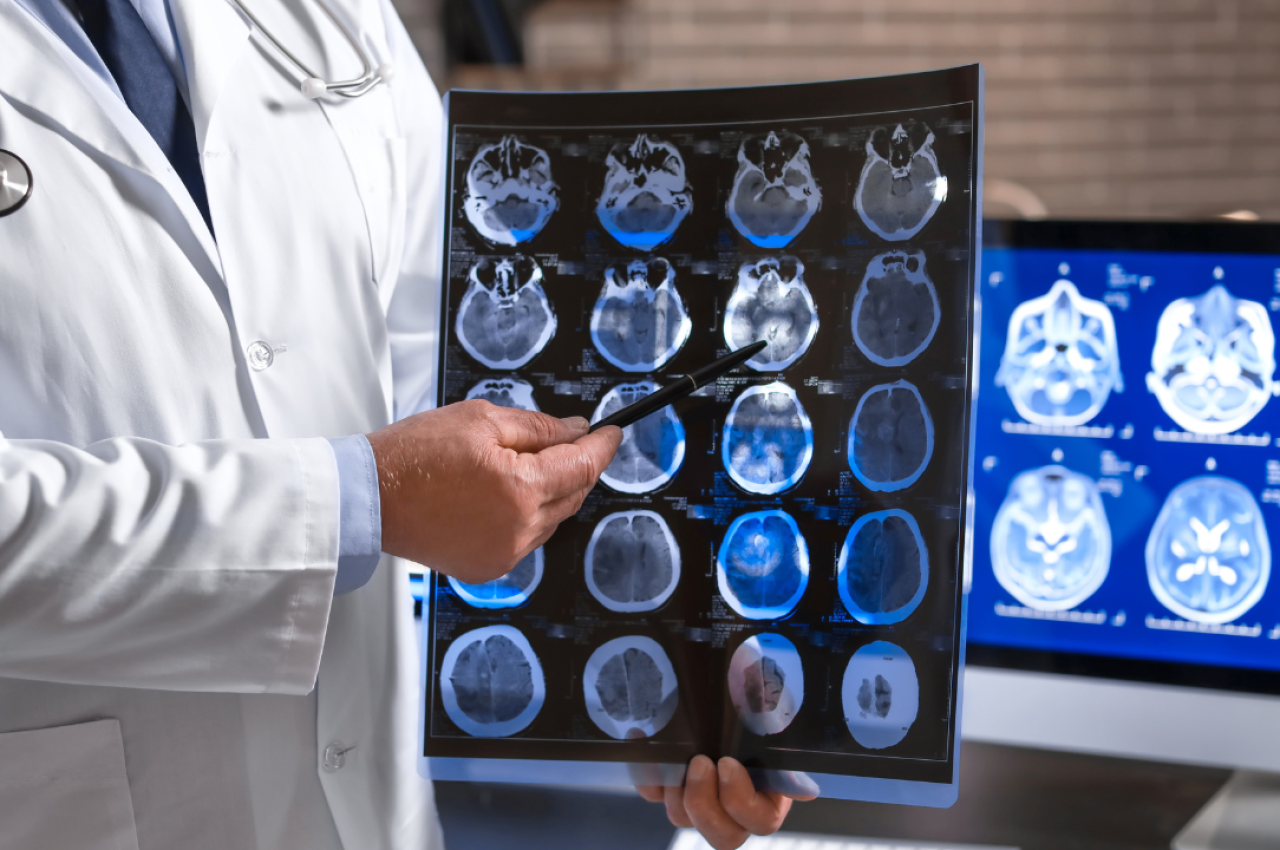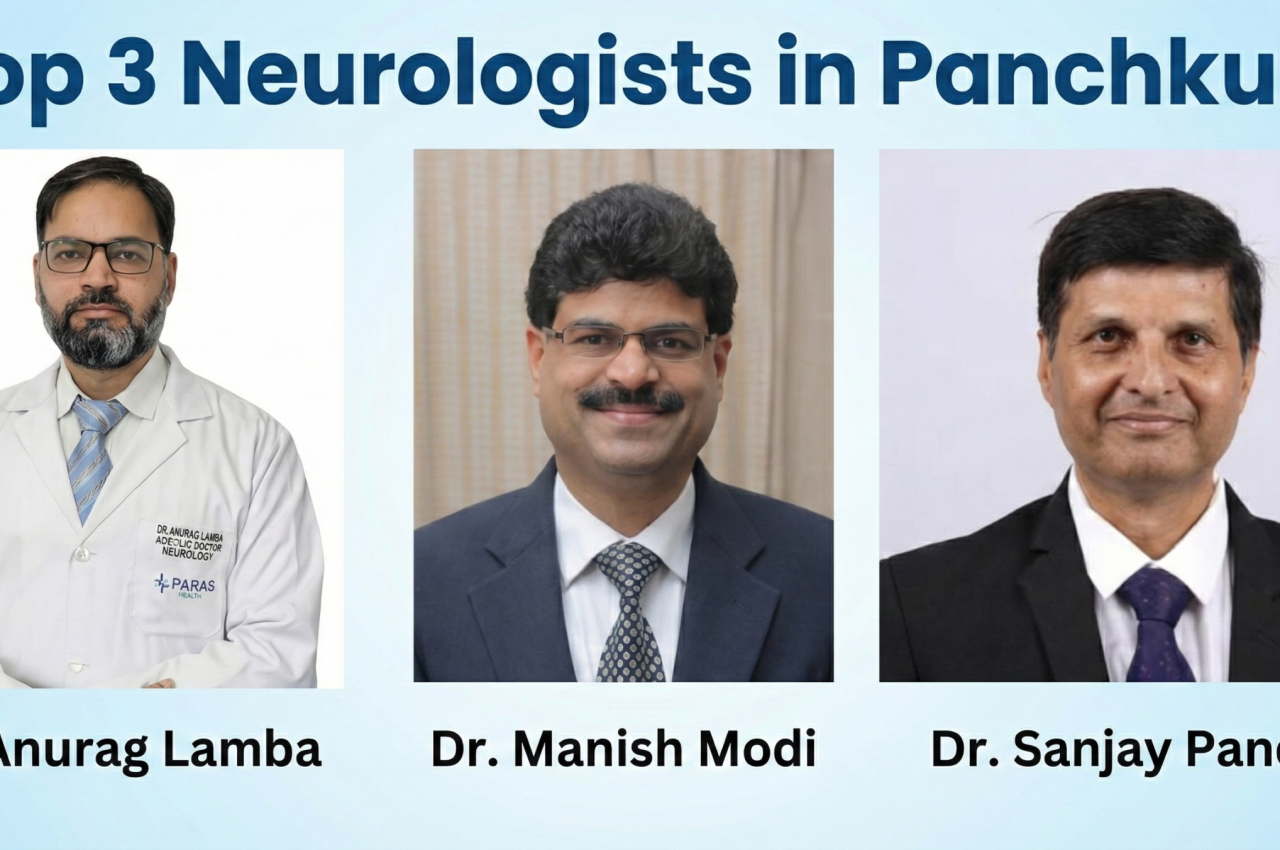What Is Neurorehabilitation and Who Needs It?
Neurorehabilitation is the process of regaining physical, mental, and emotional strength after a stroke, brain injury, spinal cord damage, or nerve-related condition.
The goal is to help patients recover mobility, coordination, speech, and daily functioning, so they can live as independently as possible.
At Dr. Anurag Lamba’s Neurology Clinic in Panchkula, we partner with physiotherapists and rehabilitation experts to create personalized neuro-rehab plans for faster and safer recovery.
Common Conditions That Need Neurorehabilitation
- Stroke (paralysis, weakness, slurred speech)
- Brain tumor surgery recovery
- Spine surgery or spinal cord injury
- Parkinson’s disease
- Multiple sclerosis
- Neuropathy or nerve compression
- Post-epilepsy surgery or prolonged seizure recovery
💡 Related Read: Recovering from brain trauma? See Brain & Spine Injury: When to Seek Urgent Neurological Help
Benefits of a Good Neuro-Rehab Plan
- Improves strength and flexibility
- Reduces joint stiffness or contractures
- Enhances speech and swallowing
- Boosts mental confidence and motivation
- Reduces risk of falls and complications
- Supports emotional well-being
Key Components of Neurorehabilitation
1. Physical Therapy
Focuses on mobility, balance, and muscle strength.
Exercises include:
- Range-of-motion stretches
- Gait training (walking support)
- Resistance band workouts
- Postural correction drills
2. Occupational Therapy
Helps relearn daily tasks like dressing, bathing, writing, and using utensils.
3. Speech Therapy
For those with slurred speech, swallowing difficulty, or cognitive-linguistic issues post-stroke or brain injury.
4. Cognitive Therapy
Improves memory, attention, and problem-solving—especially after traumatic brain injuries or dementia onset.
💡 Related Read: Experiencing memory loss? See Alzheimer’s & Dementia Care: Early Intervention Matters
Home-Based Exercises to Support Recovery
Note: Always begin under professional supervision
For Upper Body Strength
- Arm raises while seated
- Wall push-ups
- Grip strengthening with a soft ball
For Lower Limb Mobility
- Ankle pumps and heel slides
- Sit-to-stand exercises
- Side leg raises with support
For Balance
- Standing with eyes closed near a wall
- Heel-to-toe walking
- Single leg standing with a chair for safety
Recovery Tips Beyond Exercise
- Stay consistent—even 15 minutes daily makes a difference
- Don’t rush—every body recovers at its own pace
- Stay hydrated and eat a protein-rich, anti-inflammatory diet
- Use assistive tools: walkers, hand grips, foot splints if advised
- Keep the environment fall-proof (non-slip mats, grab bars)
- Celebrate small wins—like moving a finger or taking a few steps
💡 Related Read: Managing long-term nerve damage? Visit Diabetic Neuropathy: Causes and Management
When to Consult a Neurologist During Recovery
You should visit or revisit your neurologist if:
- Recovery plateaus or new symptoms appear
- You’re feeling mentally low or anxious
- Muscle tone worsens (stiffness or floppiness)
- There’s new weakness or numbness
- Speech or swallowing suddenly deteriorates
Dr. Anurag Lamba offers detailed follow-up plans, reviews medications, and adjusts therapy plans based on your neurological progress.
Final Thoughts: Recovery Is a Journey—You Don’t Have to Walk It Alone
Neurorehabilitation is not just physical—it’s emotional and social too. With guided therapy, home support, and regular review, most patients see steady and meaningful improvement.
At Dr. Anurag Lamba’s Clinic in Panchkula, we provide:
✔ Personalized neuro-therapy recommendations
✔ Guidance for home caregivers
✔ Physical and cognitive rehab monitoring
📍 Location: Panchkula, Haryana
📞 Call Us: +91 9780355355
📅 Book Consultation
FAQ: Neurorehabilitation
1. How long does neurorehabilitation take?
It varies. Some recover in weeks, others need months to years. Consistency matters more than speed.
2. Can older patients benefit from neurorehab?
Yes! Age is not a barrier. In fact, seniors often regain mobility and independence with structured therapy.
3. Is home physiotherapy effective?
Yes, especially when guided by a neurologist and rehab therapist. Periodic clinic visits ensure you’re on the right path.
4. Can neurorehab help in spine surgery recovery?
Absolutely. It restores balance, posture, and strength after spinal decompression or fusion.

